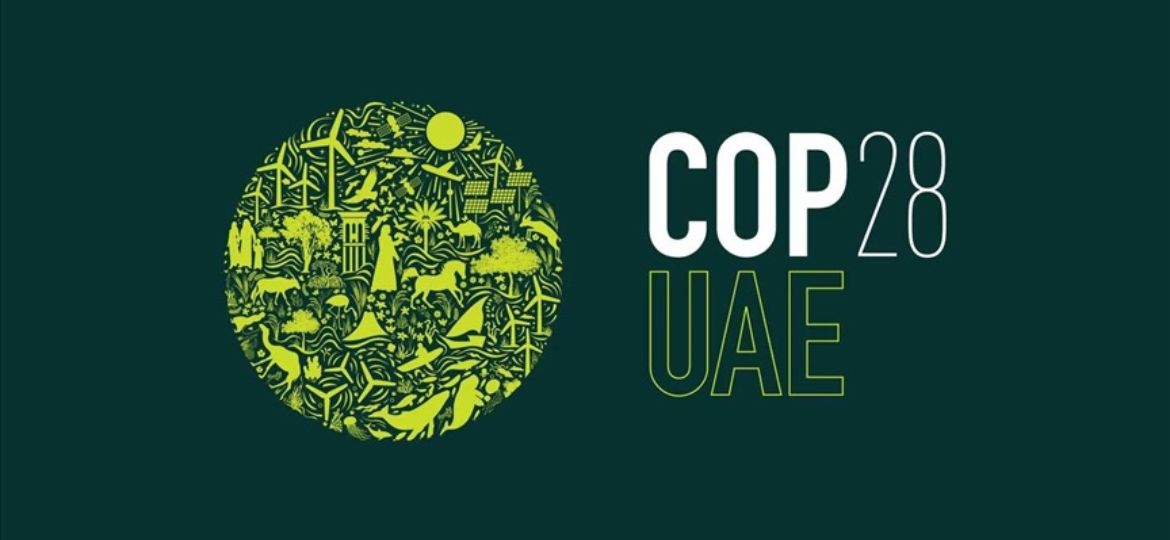
COP 28: Unite. Act. Deliver.
“Unite. Act. Deliver.” This is the slogan under which the last United Nations Climate Change Conference, known as COP28, was held in Dubai. Its conclusion seems to signal the beginning of the end for fossil fuels, but will its ambition be sufficient to act and fulfill the required objectives in the climate emergency we are facing?
Four lines of action were established with the goal of achieving the decarbonization of the economy and a fair adaptation and mitigation for all countries. It also aimed to achieve a global balance on the progress made globally towards the goals set in the Paris Agreement:
- Accelerate the energy transition and reduce emissions before 2030.
- Transform climate finance, fulfilling the already defined promises and establishing the framework for a new agreement on financing.
- Place nature, people, life, and livelihoods at the center of climate action.
- Mobilize all actors to achieve the most inclusive COP in history.
In this regard, a fairly positive agreement has been reached to promote the energy transition. Additionally, an explicit call has been made for the first time to abandon fossil fuels: accelerate climate action in this decade, achieve net-zero emissions by 2050, and base actions on science. Furthermore, the goal has been set to triple renewable capacity and double energy efficiency improvements by 2030.
However, what about water? Climate change experts continue to warn about the significance of the current lack of this resource and what it will mean in the not-so-distant future due to rising temperatures. Society faces water-related issues such as water scarcity, pollution, or extreme climatic events. In fact, water is the medium through which society perceives many impacts of the climate crisis. Nine out of ten natural disasters are related to water. Climate risks associated with this resource spread through food, energy, urban, and environmental systems.
During the presidency of COP27, held in Egypt, the focus was placed on water. A joint action plan centered on this resource, the Action for Water Adaptation and Resilience (AWARe) initiative, was presented, bringing together all international organizations.
The initiative had three objectives:
- Reduce water losses and improve supplies.
- Propose and support agreed implementation policies and cooperation methods related to water adaptation action and its benefits.
- Promote cooperation and relations between water and climate action to achieve Agenda 2030, particularly SDG6.
In COP28, although the water challenge was addressed directly, the focus was mainly on abandoning fossil fuels and adopting renewable energy sources. If this is not achieved, we will lose the opportunity to limit global warming to 1.5°C. However, in the various discussions held within the conference, water has not had the necessary weight to achieve the Sustainable Development Goals outlined in the 2030 Agenda. Therefore, little has been united, acted, and delivered regarding water in COP28.
SDG 6 is the foundation on which the other 16 objectives rest. Without water, health, food, environmental sustainability, and development against poverty, among others, are not guaranteed. Hence, water is the essential pillar to achieve the rest of the objectives and is placed at the first level of the pyramid of all of them.
In this sense, unconventional water resources, such as desalination and reuse, are efficient solutions to achieve water security. They are also environmentally friendly solutions to address the water crisis we face. At Almar Water Solutions, we aim to contribute to giving water greater weight in this global challenge. We advocate for water as a solution to climate change, as water resource management, with the latest technology, allows us to reduce greenhouse gas emissions and mitigate global warming.
It is time to act; it is time to deliver.

